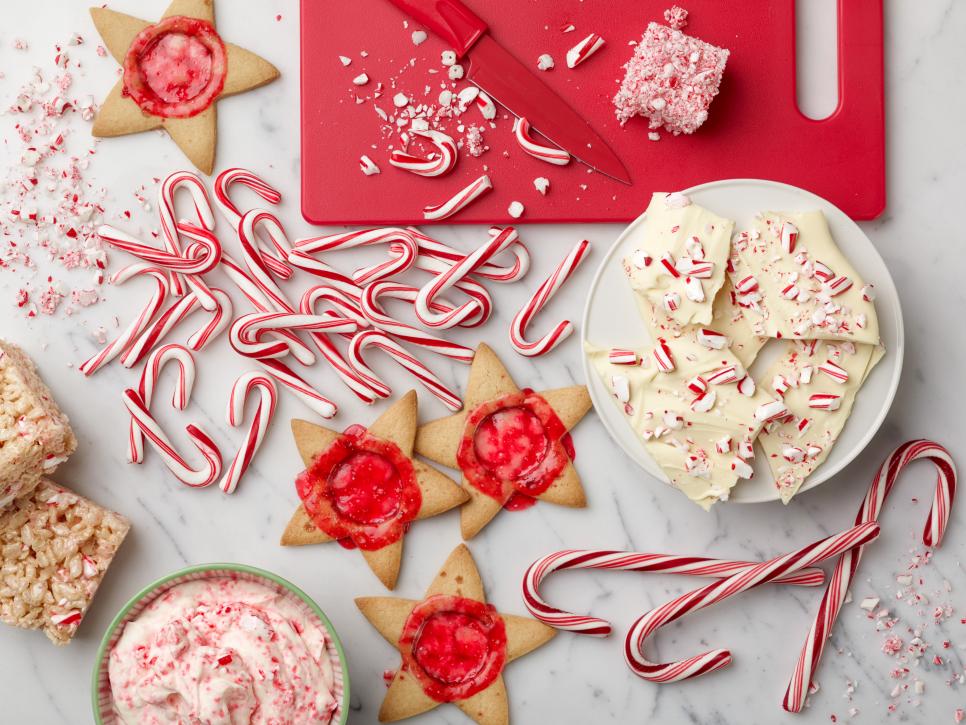
During the holiday season, everyone finds pleasure in being among family and friends. It is a time to be jolly and engage in the holiday’s festivities. This celebratory period is marked by treats, festive drinks, and a vast array of foods.
Almost everyone finds it hard to ignore the sweets and delicious foods that are displayed for all to enjoy. As individuals socialize, snacking and sipping is inevitable. You don’t have to stop the impulse to snack entirely but be aware of how eating and drinking frequently can have a harmful impact on your oral health.
Tooth Decay: Sweet Treats
Sweets are practically a necessity for the holiday season. Chocolates, brownies, fudge, candy canes, cookies, cakes, fruit cake, and figgy pudding are just some of the treats that people expect to see on their tables. They are delicious, and they are staples of this joyous time. However, indulging can be horrible on the teeth because sugar creates a breeding ground for bacteria in the mouth.
The high sugar content found in these foods provides sustenance for oral bacteria. As bacteria and sugar react, they produce acids that attack the teeth. As these sugars remain on your teeth and are steadily introduced to your mouth throughout the day, you leave your teeth and gums vulnerable to decay.
Related Article: Dental Health Awareness: Gum Disease & Heart Disease
Tooth Decay: Sugary Drinks
Hot cocoa with various toppings, fruit punches, cocktails, wine, and other festive drinks all contain sugar. As these are consumed with other sweet substances, they accelerate the process that causes tooth decay. They cling to teeth and the acid produced through the interaction with bacteria, strip away enamel. When this layer of protection is penetrated, teeth become weak and susceptible to cavities.
Alcohol is known for its unpleasant effect on the body. Its sugar content coupled with its dehydrating properties, make alcohol risky for your oral health. As alcohol is consumed, it clings to the teeth, feeding existing bacteria. It also causes dehydration by slowing down the production of saliva and inhibiting its ability to flush away bacteria and food or drink particles, causing them to linger in the mouth. Staining also results from alcohol consumption.
What Can I Do to Avoid the Negative Effects of Alcohol and Sugar on My Oral Health?
Sweets can be consumed during the holiday season, but adopting specific habits can help to counteract the effects of holiday treats on teeth. For instance, rinsing your mouth between indulgences, as well as using mini toothbrushes to clear away foods from teeth can be very beneficial. Drink water between alcoholic drinks to prevent dry mouth (and stay hydrated), wash away bacteria and restore moisture. Last but not least, brushing teeth twice a day, flossing, and using mouthwash should be implemented to guarantee the removal of food and sugars, which can cause plaque build-up and tooth decay.
GPS Dental Offers Holiday Cleanings
At GPS Dental, we understand that sweets are some of the traditional items that many expect to see and eat during the holiday season. However, eating them in moderation or adopting practices that aid in neutralizing the effects of sugar are strongly recommended.
After the holiday season has passed, we encourage you to come in for a check-up and cleaning. We can work with you to ensure that no adverse changes have occurred in your mouth, impacting your oral health. Contact the office of GPS Dental to book an appointment.
Dr. Gary P. Skrobanek’s experienced and friendly team at GPS Dental offers family dentistry for all ages in San Antonio, TX area. Our Brooks City Base dentist office is conveniently located and offers early morning appointment times Monday through Friday to meet your needs. At GPS Dental, we promote dental health awareness to our patients and provide most dental services, from family and general dentistry to dental implants, sleep apnea, TMJ / TMD Treatment, cosmetic dentistry and much more. We accept most dental insurance plans and offer affordable financial solutions for any budget. Call us at 210-633-3477 to make an appointment.







